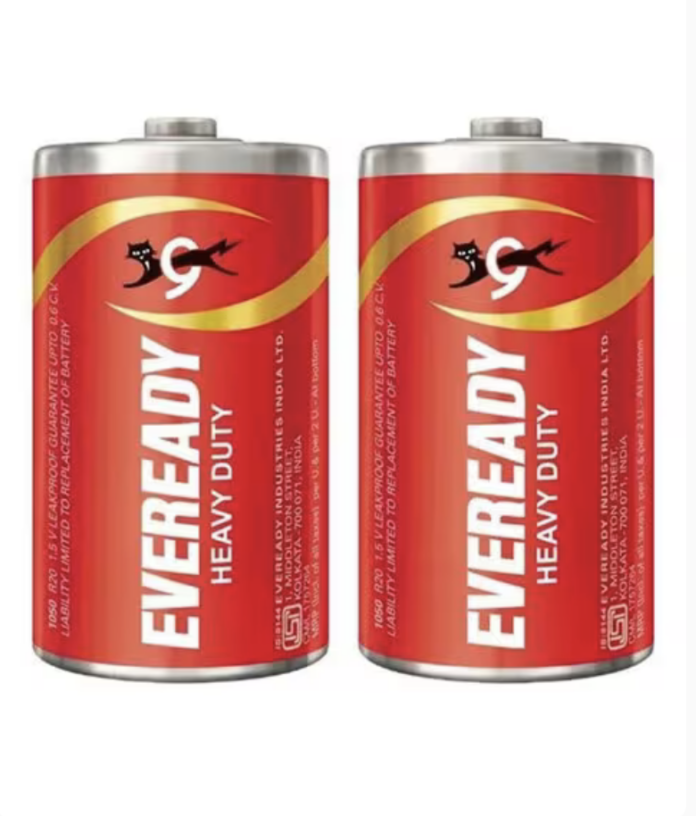Consumer goods company Eveready East Africa PLC reported a Ksh 50.8 million loss for the financial year that ended in December 2022, up from a Sh 34.6 million loss the previous year. The once leading dry cell maker in Kenya blamed its poor performance on a difficult business environment.
This includes reduced working capital following the Covid pandemic, the geopolitical situation in the country, supply constraints, and the national general elections. Consequently, the company announced it would not be paying dividends this year.
In a statement, the firm blamed its poor performance on operational challenges occasioned by reduced working capital.
In 2006, the company had roped thousands of investors into the Nairobi Securities Exchange with a promise of dividends and capital gains, but it has not lived up to this promise.
The company held the record for the highest subscription rate when it announced its initial public offering but has struggled to give a return to investors.
A recent article in The Standard revealed that Eveready’s share price has declined from a peak of Ksh 28 in its heyday to Ksh 1 after its earnings were slashed by rising costs and international counterfeits, which affected demand.
The company, which sells flashlights and razors, still faces the same challenges. These woes caused the company to sell its Nakuru land after it exited the battery manufacturing business in 2014. It has now joined other beleaguered firms such as Uchumi supermarkets and Mumias Sugar Company.
Eveready’s woes have been occasioned by a shift in customer preferences from dry cell batteries to other power sources, such as rechargeable batteries, solar panels, and electricity. This has reduced the demand for its core product and affected its sales and profitability
Eveready was formally tied up with Energizer International, which owned 10.03 per cent of the firm’s assets and used to control over 80% of its revenue. Energizer International cut the 50-year-old contract with Eveready in 2015, signing off as the chief supplier of dry cell batteries. Consequently, the firm no longer stocks its Eveready batteries with its trademark nine lives logo
Attempts to turn Around
Eveready’s management has annually promised to devise plans to get the business out of the mud without much success. The company’s management is currently working on a new brand, Turbo, which sells imported dry cell car batteries and trades in flashlights and washing detergents.
They hope to diversify the company’s product lines, including oil and gas, to improve financial stability while maximizing shareholder value in the coming years.
The widening losses have led to the resignation of the company’s chairperson, Lucy Waithaka, and two other directors. Waithaka was appointed in 2013 following the retirement of former vice president Moody Awori. Consequently, a new strategic shareholder is expected to help Eveready turn around its dwindling fortunes.
The investor is expected to implement measures to improve the company’s sales by leveraging the firm’s strong household brand and long-term heritage.
The investor is also expected to strengthen the company’s capacity to fund investments to support its future growth. However, the company’s future remains uncertain as it faces many challenges in the market.








